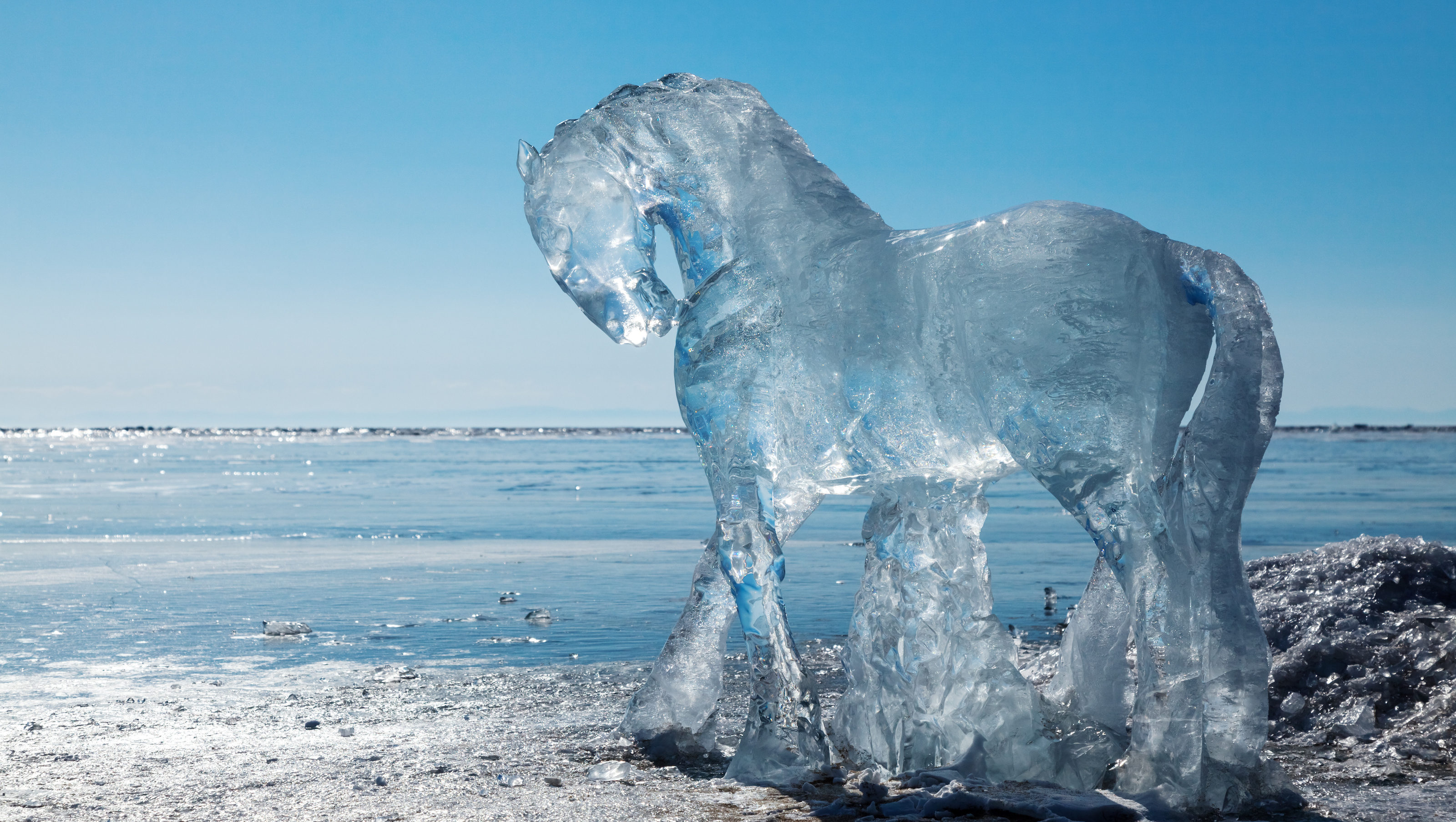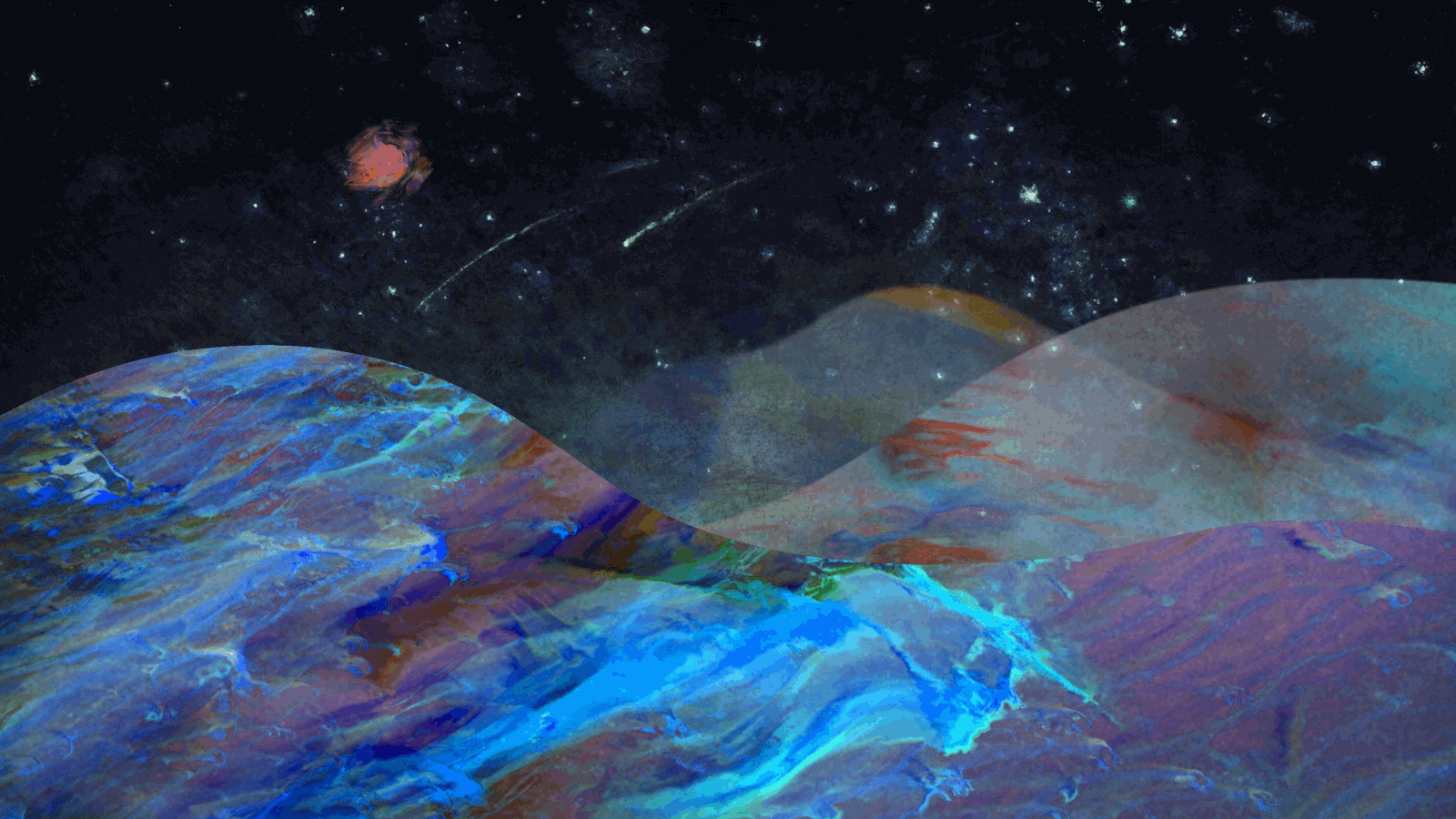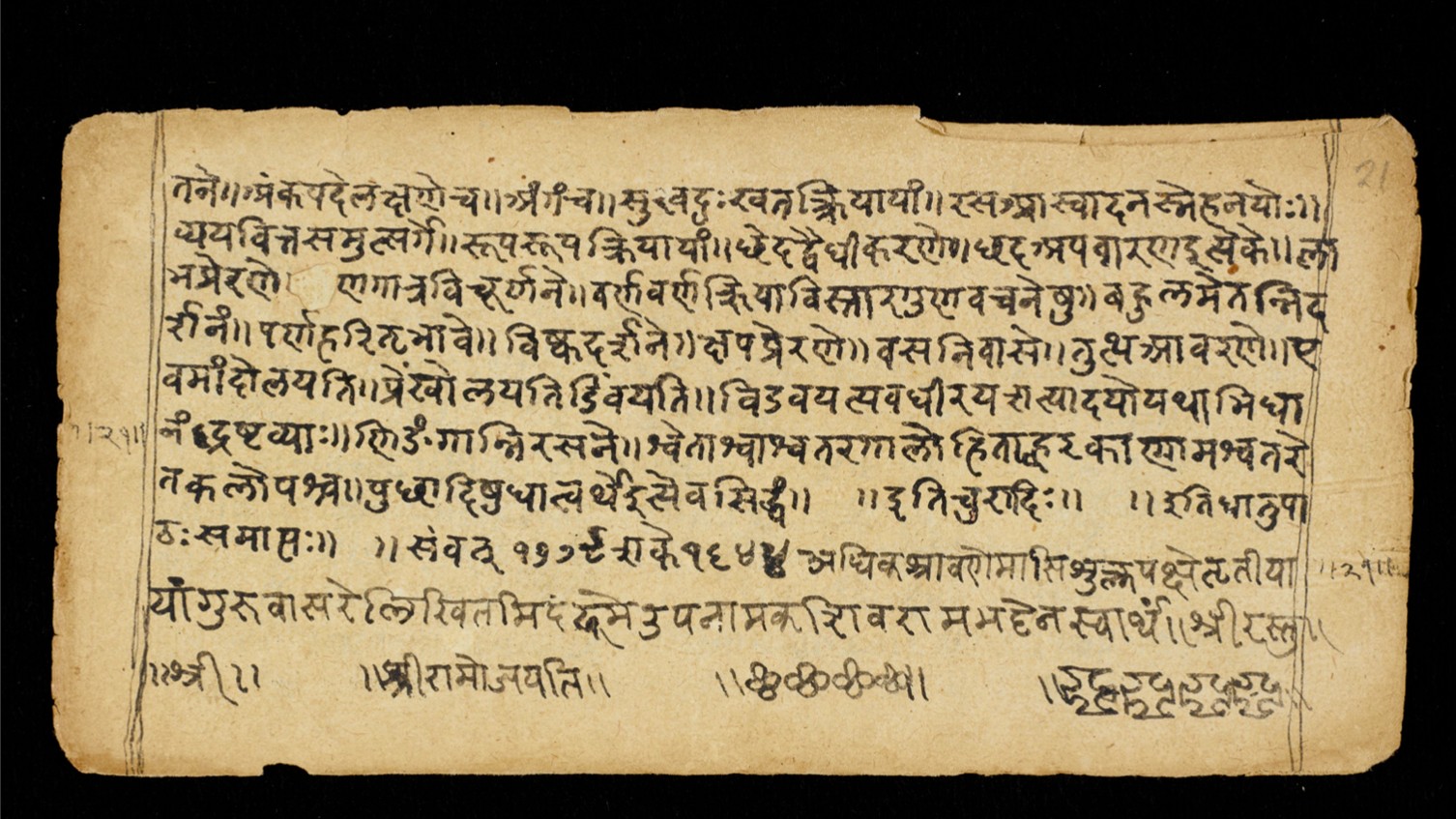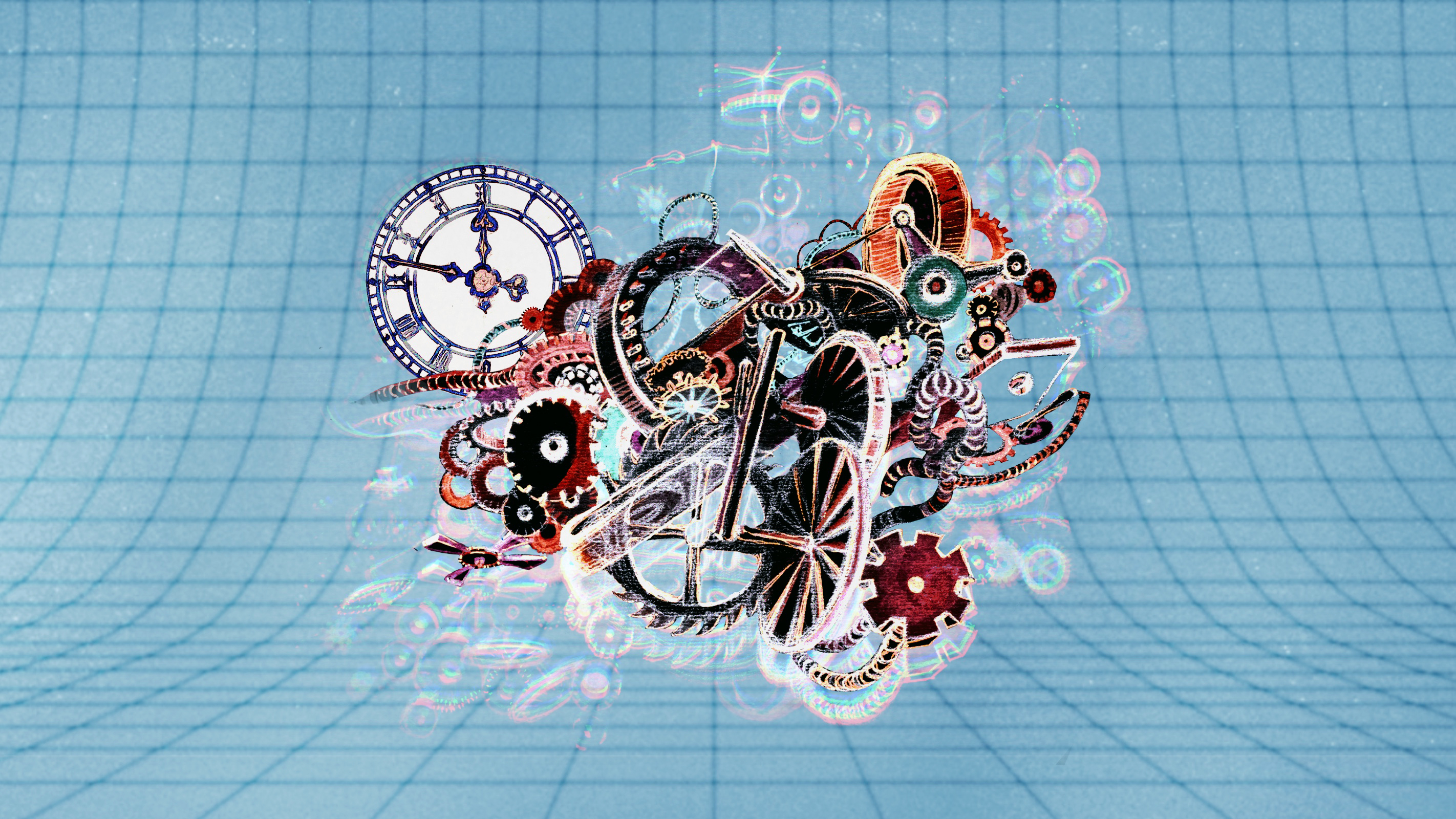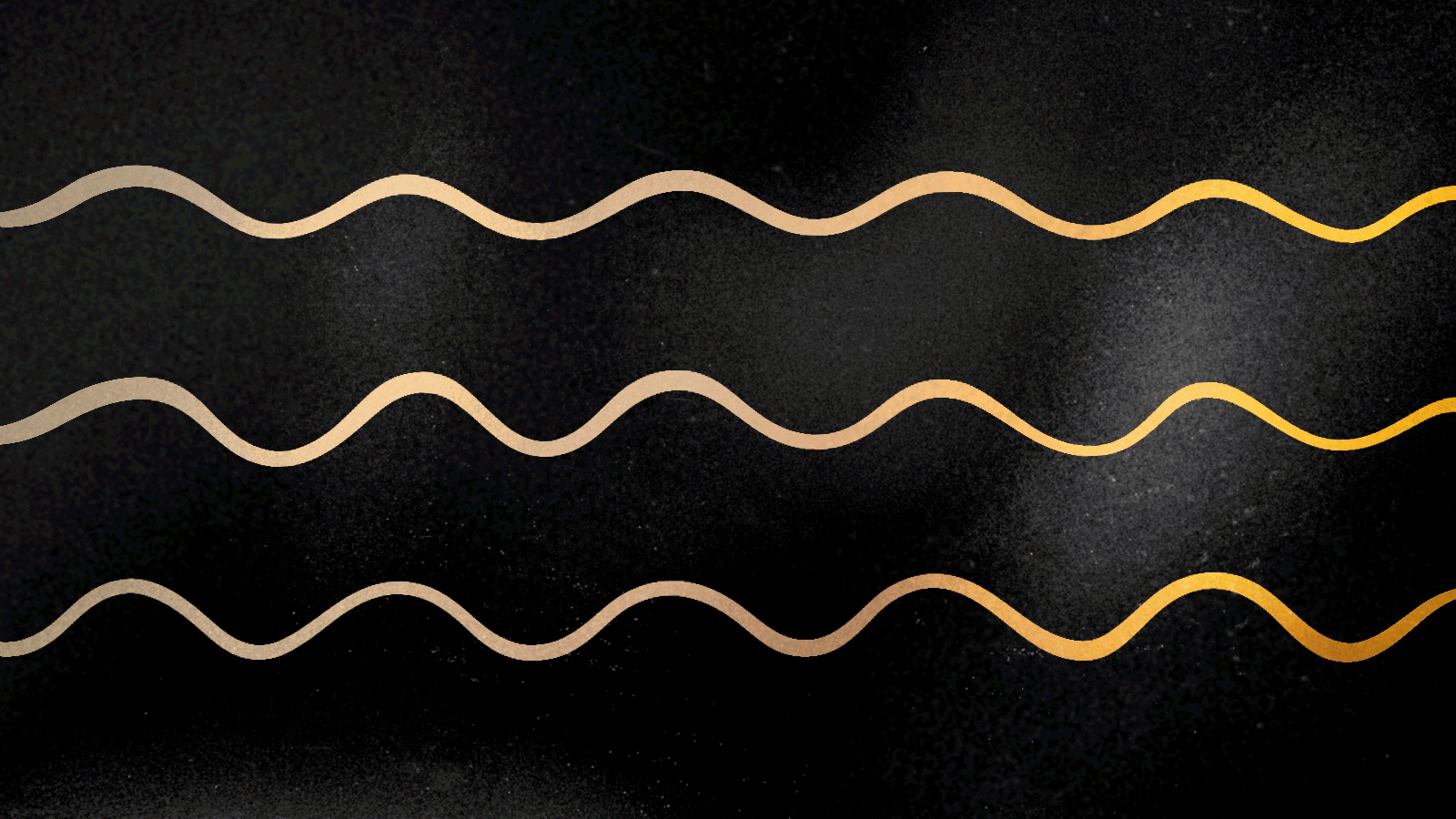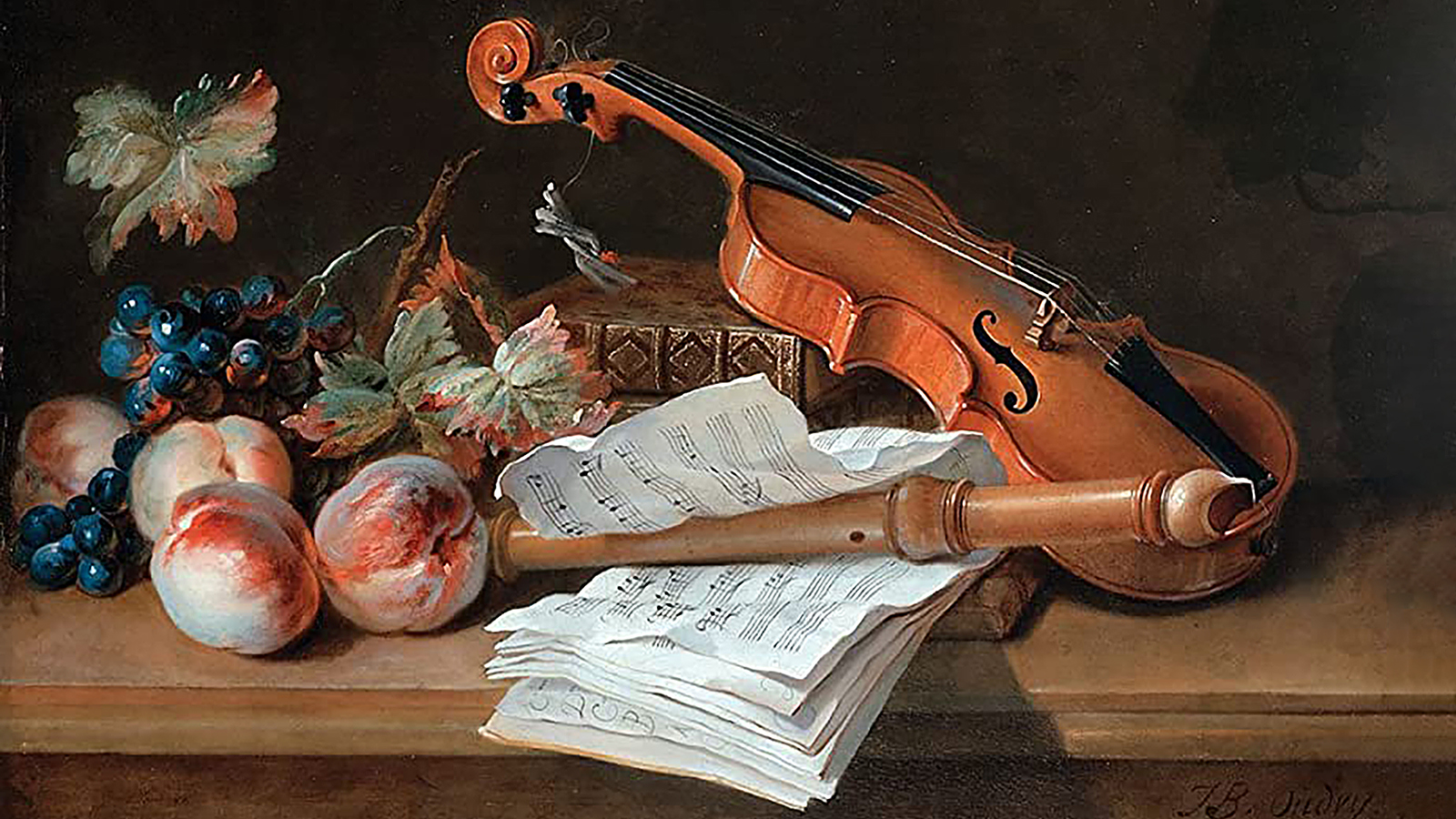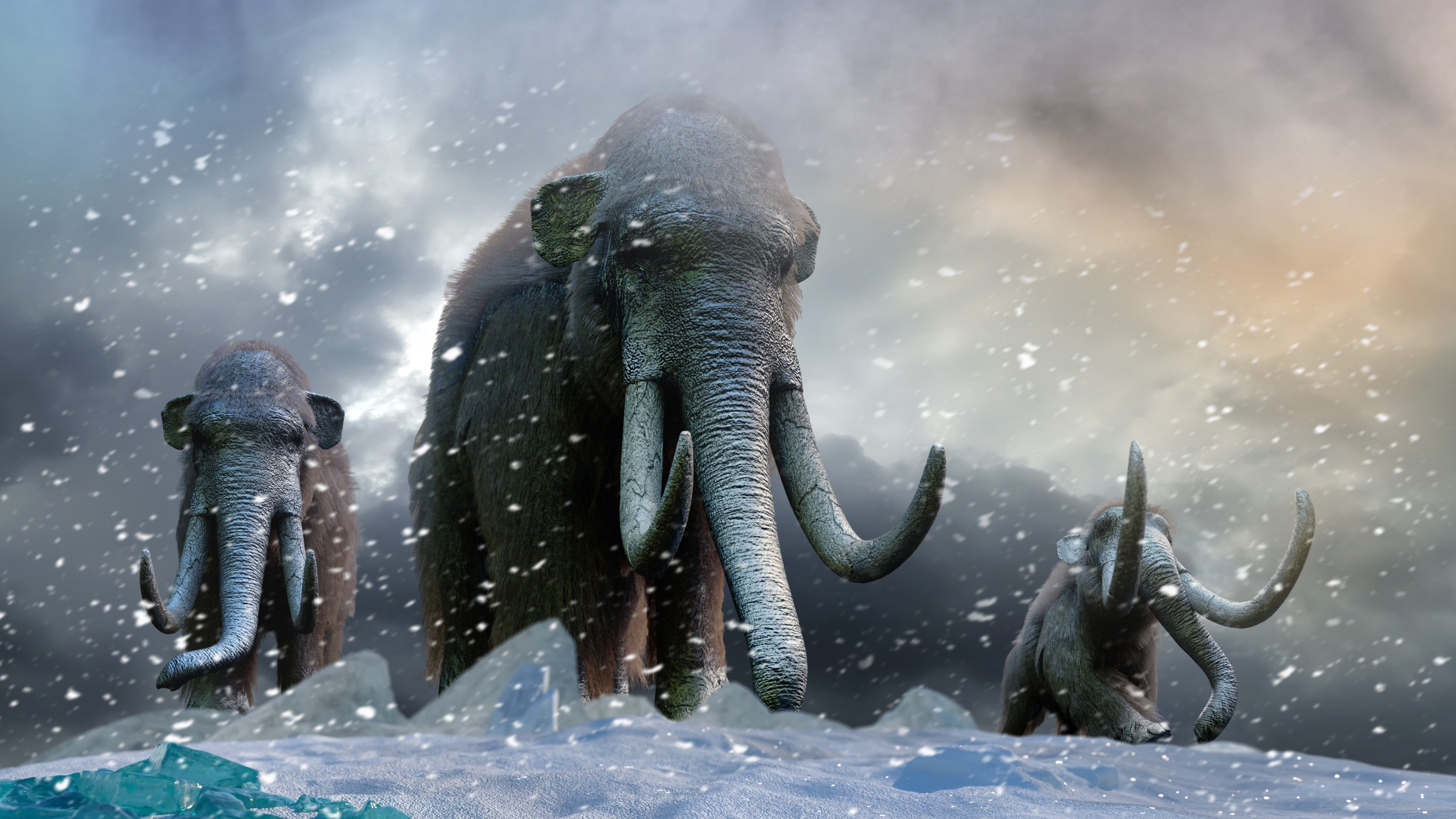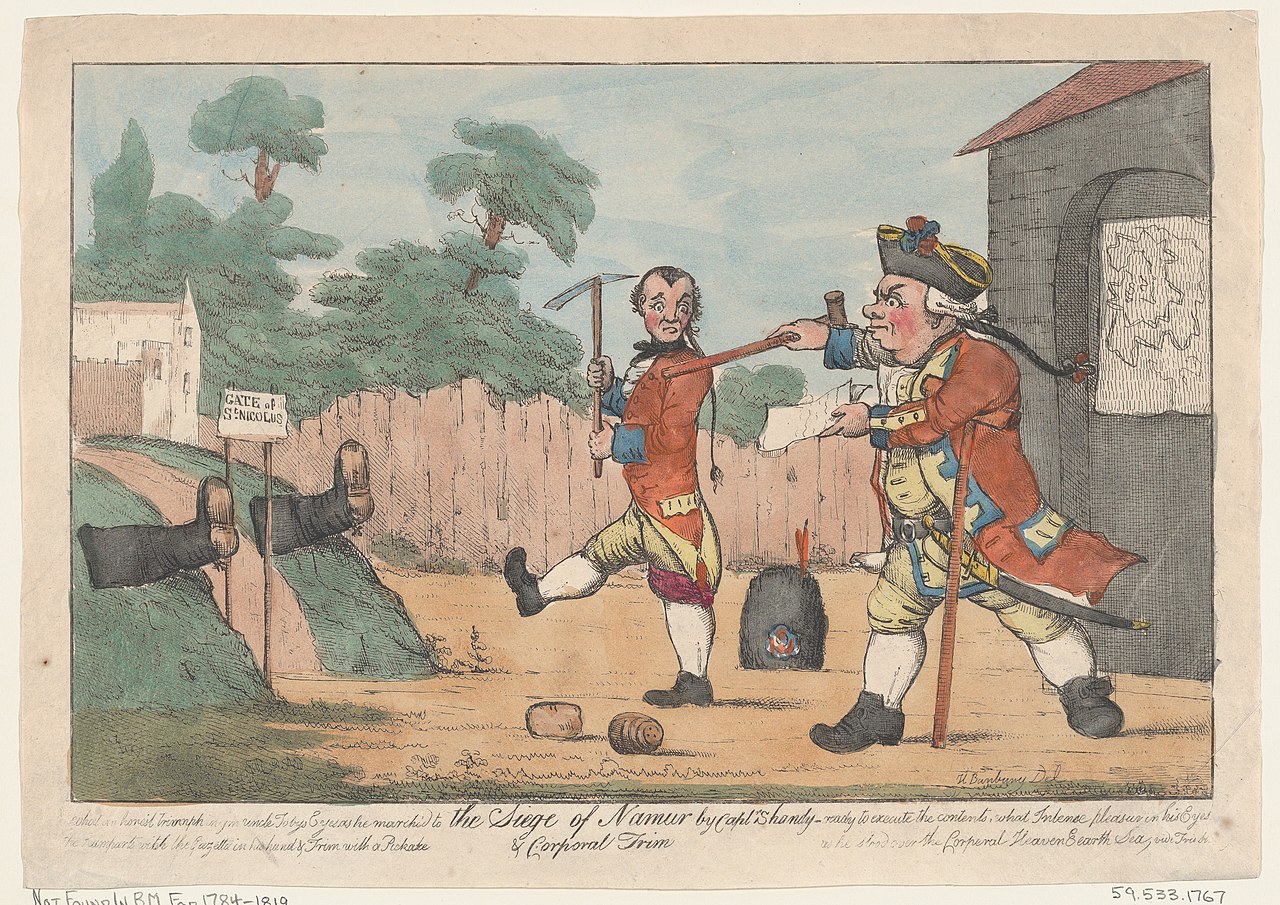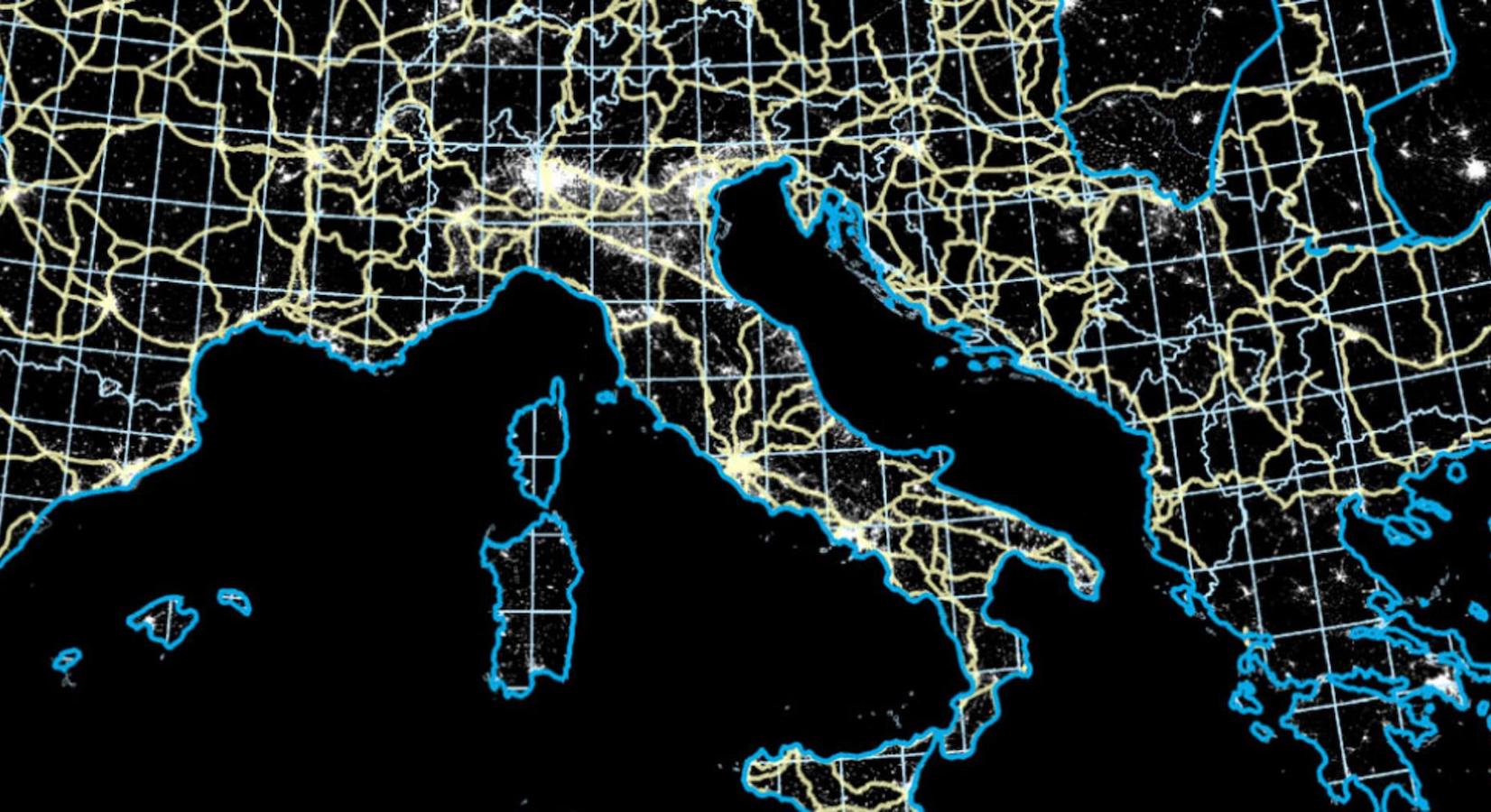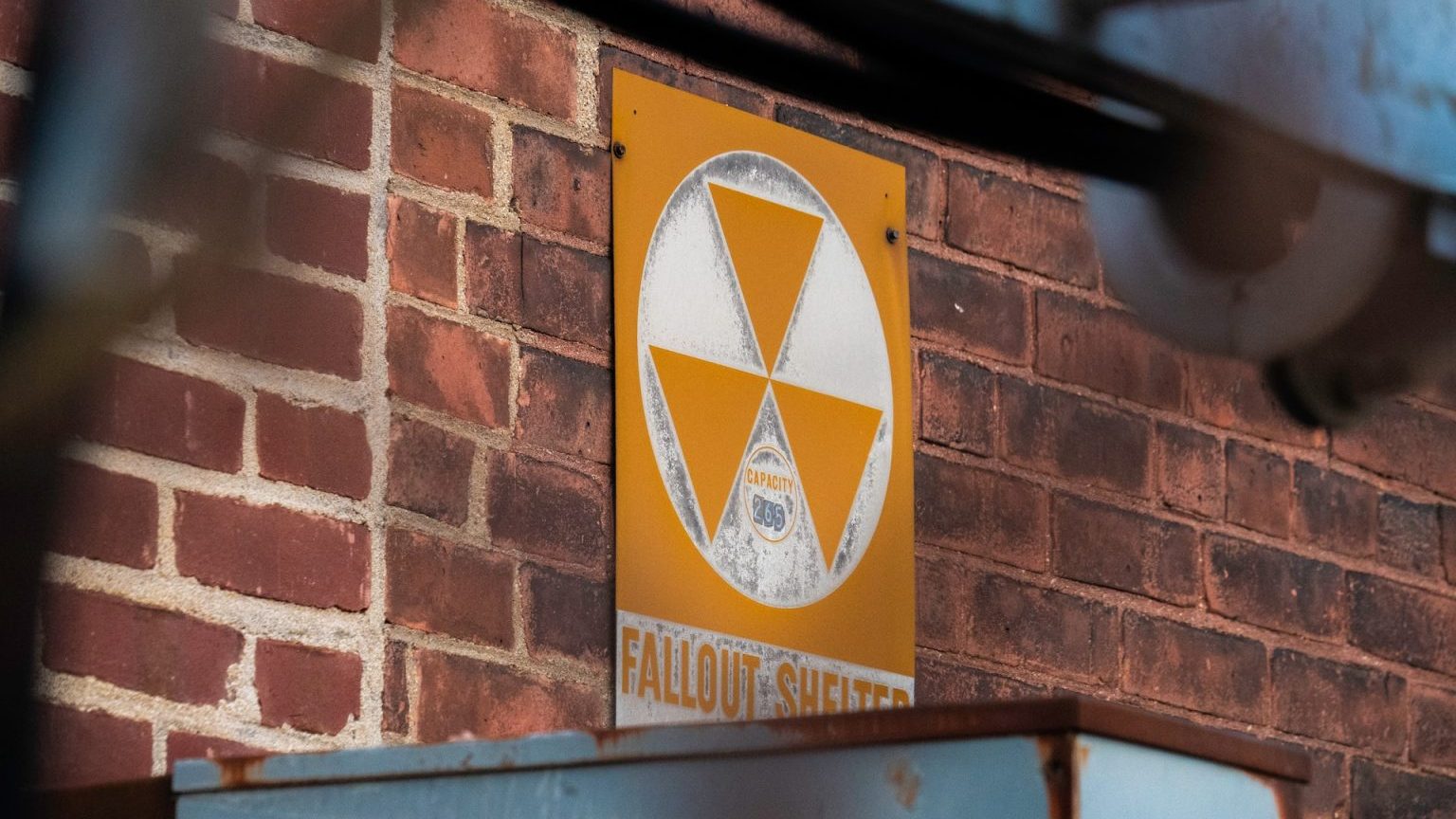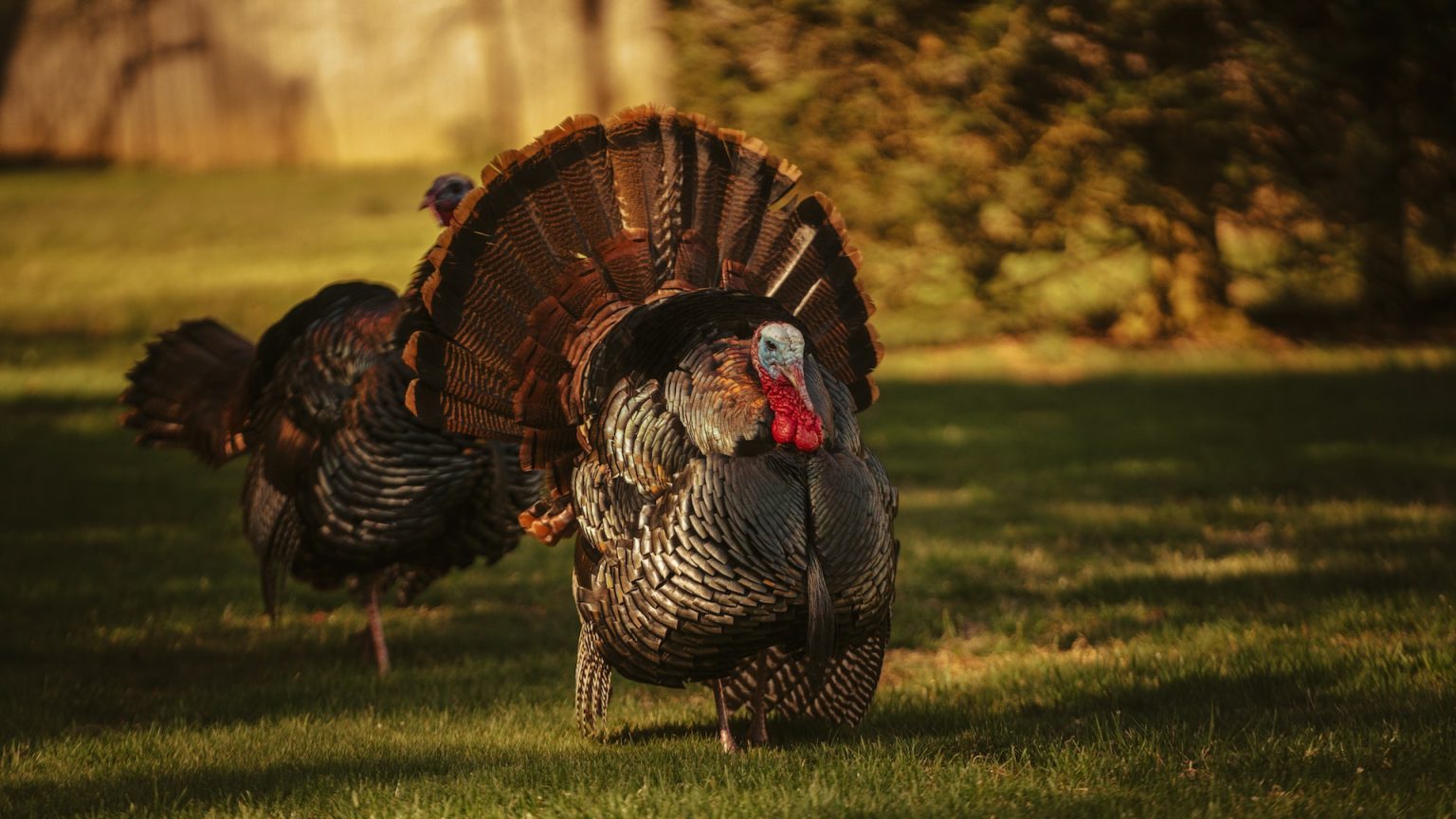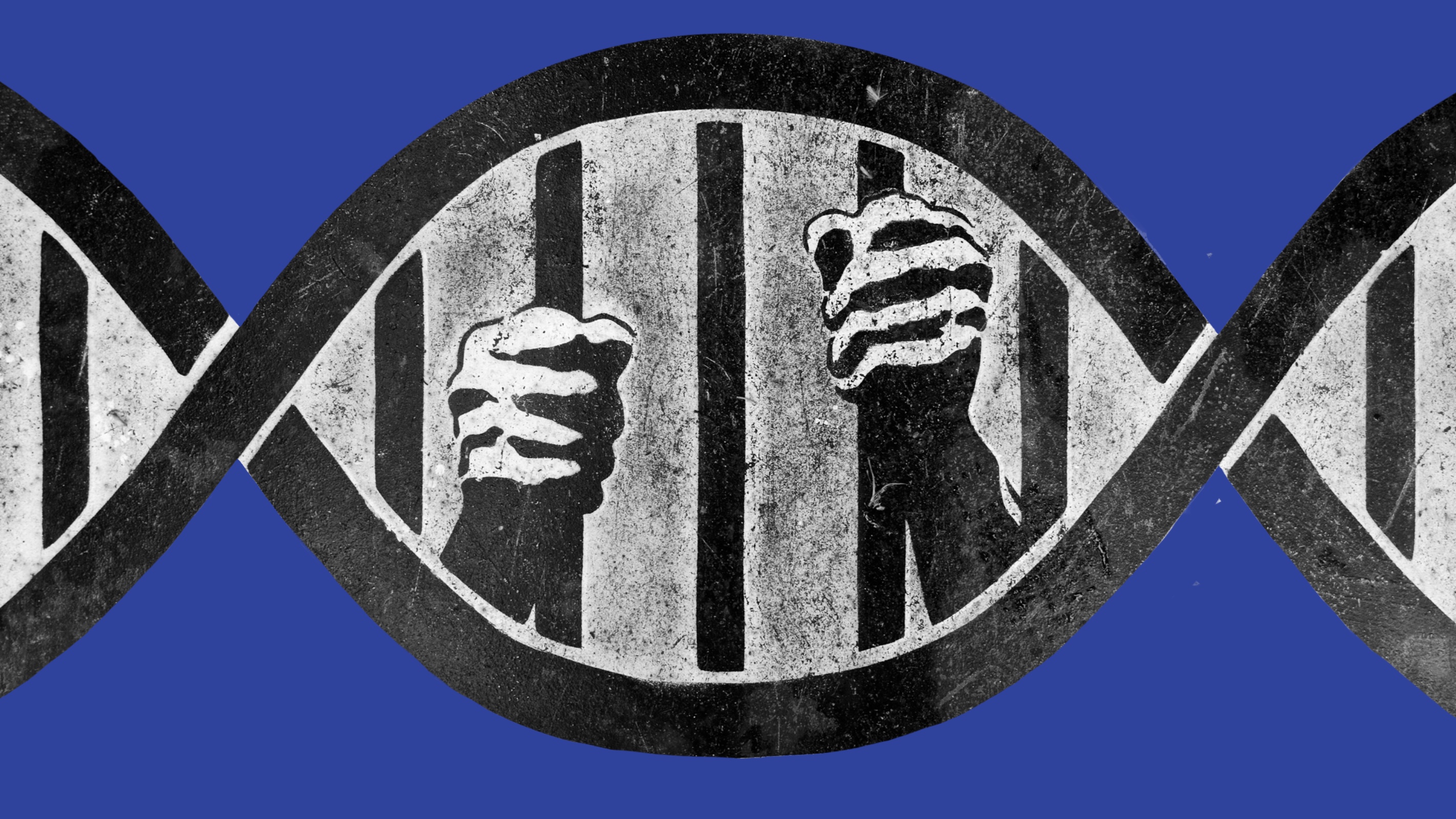history
Seneca thought the use of ice was a “true fever of the most malignant kind.”
We might be dining on insect-based Christmas pies with robot-harvested algae on the side.
These were the stories you clicked on the most.
“The Da Vinci Code” popularized the idea that Christians stole much of their theology. It’s wrong, especially regarding Christmas.
Ada Lovelace’s skills with language, music, and needlepoint all contributed to her pioneering work in computing.
Despite their brief history, computers and AI have fundamentally changed what we see, what we know, and what we do.
A Cambridge Ph.D. student has solved a grammatical problem that has befuddled Sanskrit scholars since the 5th century BC.
The most important events in history have nothing to do with politics or wars.
The popular game has a backstory rife with segregation, inequality, intellectual theft, and outlandish political theories.
Some of the weirdest characters in Greek mythology were Athenian kings.
Light carries with it the secrets of reality in ways we cannot completely understand.
We don’t know when or how music was originally invented, but we can now track its evolution across space and time thanks to the Global Jukebox.
De-extinction, if it is ever possible, will not be simple.
A vertical map might better represent a world dominated by China and determined by shipping routes across the iceless Arctic.
Climate activists’ brand of iconoclasm is far removed from the Beeldenstorm that swept medieval Europe.
The spikes in their mouths would have helped them catch squid or fish.
“Tristram Shandy” trolled its way to fame.
A new study says the reason cave paintings are in such remote caverns was the artists’ search for transcendence.
Like Dua Lipa, he had to create new rules.
A conservator from the Rijksmuseum explains how they went about investigating whether the painting is a genuine Rembrandt.
All roads may not lead to Rome, but many of them lead to wealth and prosperity — even 1,500 years after the fall of the Roman Empire.
A 19th-century surveying mistake kept lumberjacks away from what is now Minnesota’s largest patch of old-growth trees.
Mahāyāna is the most popular type of Buddhism in the world today.
The quantum world is one in which rules that are completely foreign to our everyday experience dictate bizarre behavior.
Leftover Cold War-era bunkers are still kept in a state of readiness to protect the population from nuclear war.
The word “turkey” can refer to everything from the bird itself to a populous Eurasian country to movie flops.
Is science for everyone, or just the morally upright?
Population growth is driven by three changes: Fertility, mortality, and migration.
